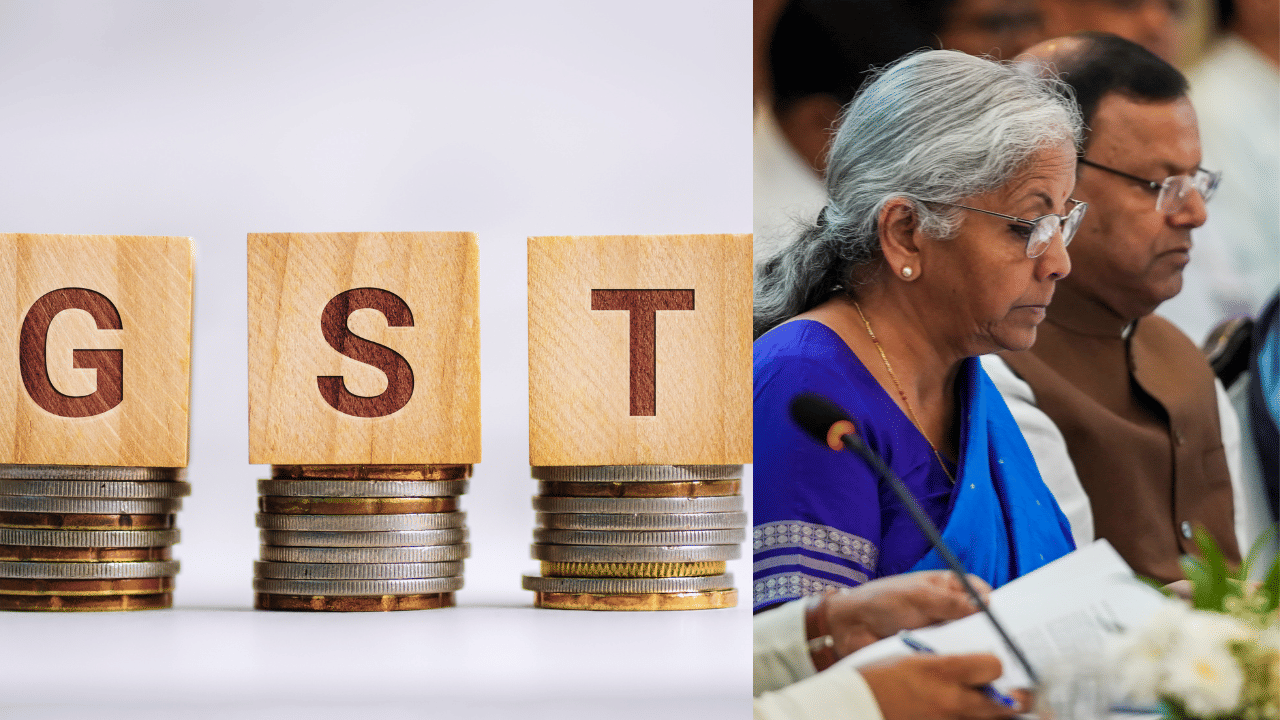New Delhi: In what turns out to be a significant change in the taxation architecture of India, the 56th GST Council meeting, chaired by Finance Minister Nirmala Sitharaman, has approved sweeping rate rationalisations aimed at reducing the tax burden on households and stimulating consumption. The said changes are effective from September 22, 2025. The new framework allows only two tax slabs, viz., 5 percent (merit rate) and 18 percent (standard rate), with a special 40 percent rate for select luxury and sin goods.
GST slashed on health insurance
The reforms were taken with a focus on the common man, labour-intensive industries, farmers and agriculture, health, and key drivers of the economy. The exemption of GST on individual life and health insurance policies, including term insurance, makes insurance more affordable to the common populace. The council decides to abolish the GST on insurance premiums which currently is applicable at 18 percent rate. The new move is set to increase insurance penetration in India.
Similarly, the exemption on 33 life-saving drugs is another crucial step, while all the other drugs have been slashed from 12 percent to 5 percent. The exemption is set to take effect from September 22. Medical apparatus such as glucometers, bandages, diagnostic kits, and surgical devices will now attract just 5 percent GST.
The GST Council proposed 40 per cent slab for a select few items such as high-end cars, tobacco and cigarettes. The new rates for all products, except gutkha, tobacco and tobacco products and cigarettes, will be effective September 22, 2025.
GST Reforms
For the common man, everyday essentials are set to get cheaper as GST on everyday essentials like shampoos, soaps, toothbrushes, bicycles, kitchenware, namkeens, noodles, chocolates, ghee, and packaged paneer has been reduced to 5 percent from the erstwhile 12 percent rate. Ultra-high temperature (UHT) milk and all varieties of Indian bread, including chapati, roti, and parotta, will now be tax-free
The reforms also extended the revised GST on tractors, handicrafts, and renewable energy devices to 5 percent, while small cars, two-wheelers, cement, and home appliances will see rates fall from 28 percent to 18 percent
The government expects short-term revenue sacrifices but believes the reforms will boost consumption, support labour-intensive industries, and strengthen financial inclusion. Analysts see this as one of the most citizen-centric overhauls since GST’s introduction, designed to balance affordability with economic growth.
